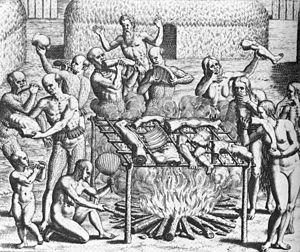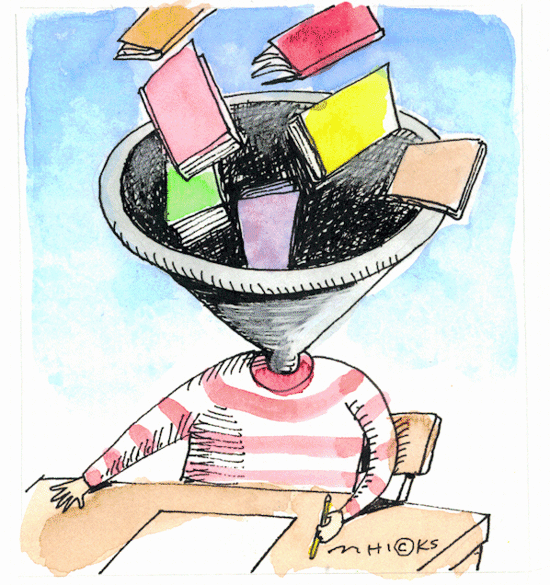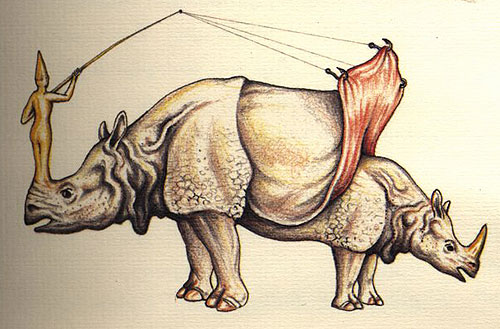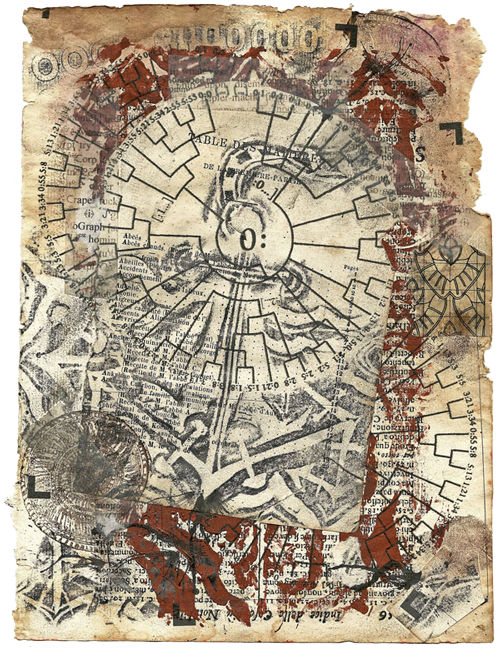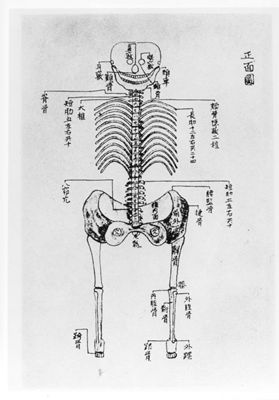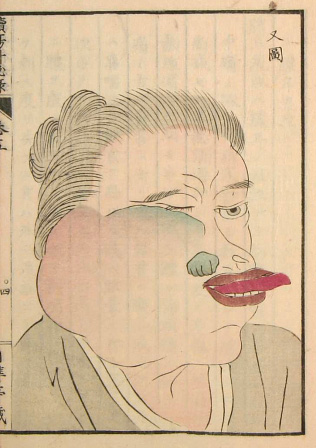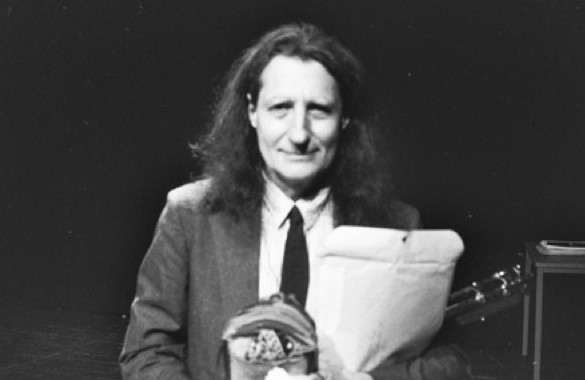http://newblackman.blogspot.com/2012/09/bell-hooks-no-love-in-wild.html?m=1
While I admire hooks, and turn to her writing/thinking about teaching time and time again, I think in this piece she is in the grips of a theory. Almost everything she states as a negative, as a brutal critique, as what everyone else, but *her* is missing, is exactly what makes the movie powerful.
Is it harsh, and disturbing? Yes. That's the point. Is gender performed in troubling ways, and are we forced to constantly interrogate it? Yes. Isn't that a good thing in contemporary cinema?
Is crazed violent patriarchy put into sharp focus in the film? Yes. Does it go un-critiqued? No. Are there (GASP) black and white folks living in a spot together who also have a handful of conversations about the oncoming storm and the possible destruction of their homes, rather than caucusing on their racial relations? Yes. This doesn't seem off/wrong/bad to me.
In other areas, such as the eroticism of the child, I think she's just wrong. The small child with great hair calls up Buckwheat? Wrong. Watching the film is akin to watching exploitative reality tv? Wrong.
OR rather, if the above statements are TRUE, it's more due to the particular audience than anything the film brings forward. hooks talks about the audience with whom she watched the film, and how they laughed when Hushpuppy accidently burns her house down, and hides from the fire/her father in a box. Is it enough to say *I* didn't laugh? Or that no one in *my* theatre did? I don't see any humor carrot on the stick in that scene. If an audience laughs, they're messed up. The scene is terrifying.
The film as a whole hurdles our simple social world and gets to deeper worlds through magical realism. I didn't see it as being about Katrina really at all. If it IS about our shared social world, and I think it is, it's about the one that's brewing out in front of us. There's plenty storms that hit that part of the world. There are even more that hit all of us all the time.
What the film does well, I think, is show the world through the child's pov. Race and class are active in that. But a child's pov erases the nuances and politicization for which hooks so badly wants to dress the film down.
If one of her main points is that the film isn't "feel-good," or that viewers who watch it as such are jacked up, then I'm with her. But "pornography of violence"? Not so much.






